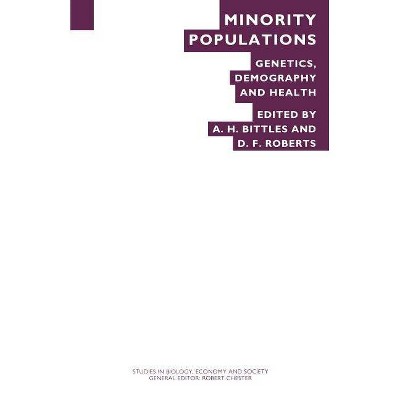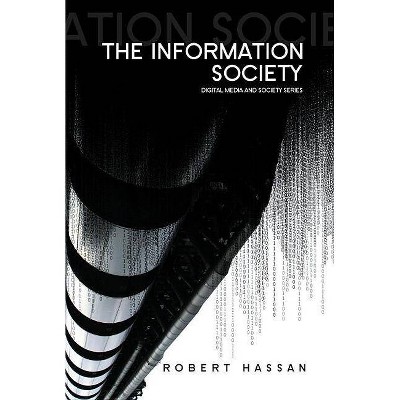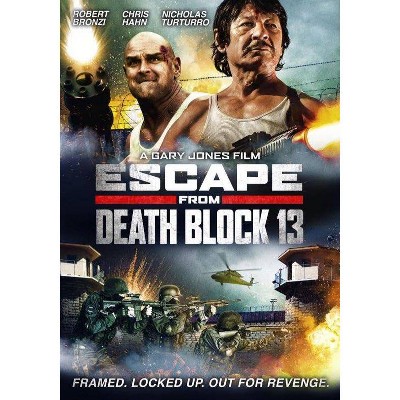The Escape from Hunger and Premature Death, 1700 2100 - (Cambridge Studies in Population, Economy and Society in Past) by Robert William Fogel
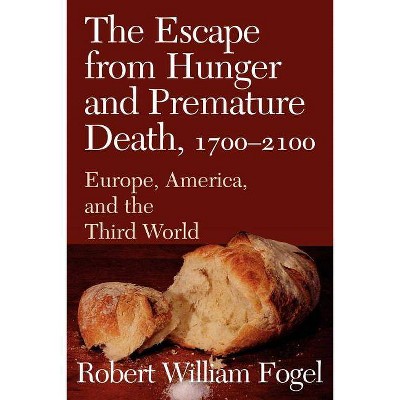
Similar Products
Products of same category from the store
AllProduct info
<p/><br></br><p><b> About the Book </b></p></br></br>In this study, first published in 2004, Nobel laureate Robert Fogel examines health, nutrition and technology over the last three centuries.<p/><br></br><p><b> Book Synopsis </b></p></br></br>Nobel laureate Robert Fogel's compelling new study examines health, nutrition and technology from 1700 to 2100. Although throughout most of human history, chronic malnutrition has been the norm, a synergy between improvements in productive technology and human physiology has enabled humans to more than double their average longevity and to increase their body size by over fifty percent over the past three centuries. Larger, healthier humans have contributed to the acceleration of economic growth and technological change, resulting in reduced economic inequality, declining hours of work and a corresponding increase in leisure time. Increased longevity has also brought increased demand for health care. Fogel argues that health care should be viewed as the growth industry of the twenty-first century and systems of financing it should be reformed. His book will be essential reading for all interested in economics, demography, history and health care policy. A professor at the University of Chicago, Robert William Fogel has taught at the University of Rochester, Cambridge University, and Harvard University. He has received numerous awards and prizes for his work, including the Arthur C. Cole Prize (1968), the Schumpeter Prize (1971), the Bancroft Prize (1975), the Gustavus Myers Prize (1990), and the Nobel Memorial Prize in Economic Science (1993). Previous books include Without Consent or Contract: The Rise and Fall of American Slavery (W.W. Norton & Company, 1994) and The Fourth Great Awakening and the Future of Egalitarianism (The University of Chicago Press, 2000).<p/><br></br><p><b> Review Quotes </b></p></br></br><br>" Escape from Hunger is without a doubt one of Fogel's masterworks. Written in an accessible style, it is ideal for use in higher-level undergraduate and graduate courses." <br />EH.net<br><br>"Although this is a "little" book, just 111 pages in the main body, it is densely packed with deep-mine data and illuminating higher-order concepts derived from a lifetime of concentration on economic development. Robert William Fogel's The Escape from Hunger and Premature Death, 1700-2100 is that rare species of research - longitudinal study. Unlike the cross-sectional snapshots whose importance often quickly fades, there is gold in these data mines that is so precious because it is so difficult to find and so hard to get to. It is must reading for those in human biology, medicine and the social sciences who are interested in the issues surrounding human adaptation. It will also appeal to life-long learners drawn to the interface between the biology, economics and history of the human condition." <br />The Midwest Book Review<br><br>"If economic history is to fulfill the promise inherent in its subject matter, it must add the dimension of time to economics. Bob Fogel's pathbreaking study does just that and in doing so not only revises our understanding of the past but provides a thoughtful guide to policy in the future." <br />Douglas C. North<br><br>"In his usual comprehensive and perceptive way, Professor Fogel has assembled and synthesized a vast set of data which bring out the radical transformation of human health and longevity. He has set this work in the context of general economic growth and has shown the inadequacy of the usual measures of growth. He also calls attention to the changes in the economic system implied by the growing importance of health expenditures and their benefits." <br />Kenneth J. Arrow<br>
Price History
Price Archive shows prices from various stores, lets you see history and find the cheapest. There is no actual sale on the website. For all support, inquiry and suggestion messagescommunication@pricearchive.us
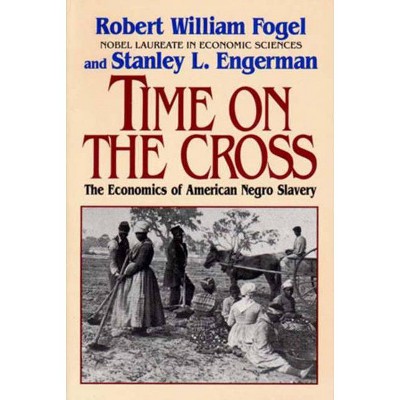
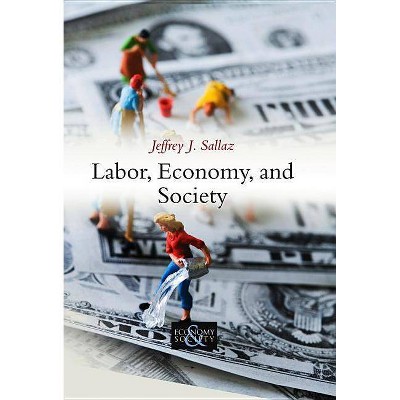
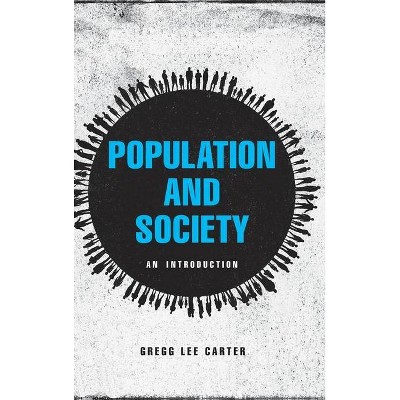
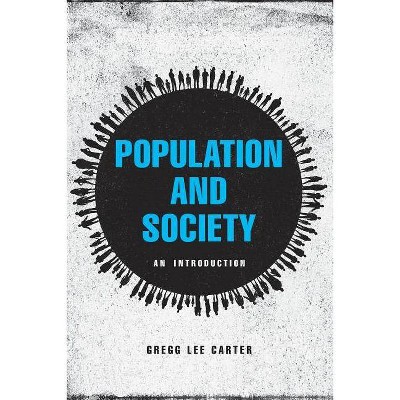
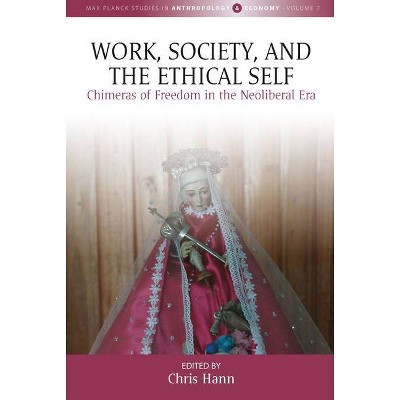
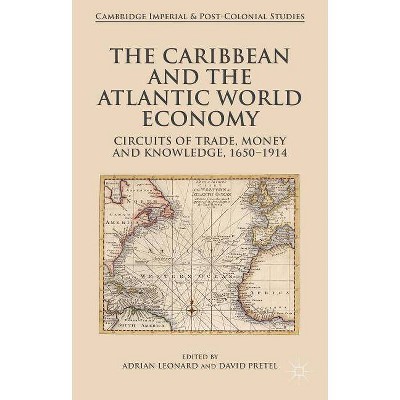
![Escape from Death Block 13 [DVD]](https://pisces.bbystatic.com/image2/BestBuy_US/images/products/3530/35307809_so.jpg)
